15 Tips to Cope with a Negative Partner or Spouse

Let’s face it…the world we live in isn’t perfect, and life can be challenging, which makes it all too easy to fall into a negative mindset. In fact,
researchers have discovered something called negativity bias - “the propensity to attend to, learn from, and use negative information far more than positive information.” This is why we tend to remember traumatic experiences better than positive ones, recall insults better than praise, and think about negative things more often than positive ones.
The Problem with Negative Thinking
The problem with negative thinking is that it can make you sick. “Negative emotions, such as anger, fear, and frustration, and negative thinking patterns, such as hostility and cynicism, are normal,” research shows. “But they can become problematic when your negative emotions turn into a habitual outlook on the world. If untreated, heart disease, diabetes, or disability may result.” Thankfully, there are many things you can do to create a more positive mindset – exercising, cultivating gratitude, journaling, seeking professional help, and more.
But what if your spouse or partner has a negative mindset? Maybe they’re pessimistic, worry excessively, or are often critical or dismissive. Living with someone like that can be exhausting and negatively impact your relationship with them. Furthermore,
studies show that negative emotions are contagious, so – if you aren’t careful - a negative partner can drag you down with them.
Causes of Negativity
Sometimes understanding why a person is negative can help. Here are a few common causes of negativity.
- Negativity Bias – the tendency to focus on the negative
- Excessive Stress
- Genes – “Some people are genetically predisposed to see the world darkly,” according to a study.
- Mental Health Conditions, such as depression, OCD, and anxiety
15 Tips to Cope with a Negative Spouse/Partner
Here are fifteen tips for coping with a negative spouse/partner:
- Accept that you are not in charge of your partner’s emotions and can’t fix their problems.
- Don’t accept blame when you aren’t responsible.
- Don’t overreact if they reject your offer of help.
- Don’t take the negativity personally.
- Try to forgive their mistakes and move on.
- Don’t match your partner’s negative emotions to establish a connection.
- Set an Example by staying focused on the positive.
- Set Boundaries. Your partner has every right to their feelings, but establish what is and isn’t acceptable in your relationship.
- Communicate with your partner to let them know how you’re feeling, to help you understand the root cause of their negativity, and to let them know what is and isn’t acceptable.
- Regularly, suggest that your partner goes for a walk or does something fun with you.
- Urge your partner to try new things.
- Take Care of Yourself.
- Build relationships with positive people who can bring optimism into your life
- Develop
self-awareness – recognizing and connecting your emotions, core beliefs, thoughts, weaknesses, and strengths.
15. Seek professional help
Sometimes, you just can’t go it alone, and the help of an experienced counselor can make all the difference in your relationship. Solution Focused Counseling helps resolve and heal relationships to create a win-win for everyone. We use multiple techniques – conflict resolution, mediation, and communication - to move your relationship forward.
If you’re struggling to cope with a negative partner or spouse, contact us today at 610-772-8851, or schedule a free 15-minute consultation.
Get a free 15-minute consultation
Reach out today. We're looking forward to meeting you and helping you get started on the path to a better life!
SOLUTION FOCUSED COUNSELING LLC
610-772-8851
j.arifaj@besolutionfocused.com
Mon - Fri: 9am-8pm
Saturday: 8am-3pm
Send us a message
Get in Touch
We will get back to you as soon as possible.
Please try again later.
We offer telehealth counseling and therapy throughout Pennsylvania, including these counties:
Adams
Allegheny
Armstrong
Beaver
Bedford
Berks
Blair
Bradford
Bucks
Butler
Cambria
Cameron
Carbon
Centre
Chester
Clarion
Clearfield
Clinton
Columbia
Crawford
Cumberland
Dauphin
Delaware
Elk
Erie
Fayette
Forest
Franklin
Fulton
Greene
Huntingdon
Indiana
Jefferson
Juniata
Lackawanna
Lancaster
Lawrence
Lebanon
Lehigh
Luzerne
Lycoming
McKean
Mercer
Mifflin
Monroe
Montgomery
Montour
Northampton
Northumberland
Perry
Philadelphia
Pike
Potter
Schuylkill
Snyder
Somerset
Sullivan
Susquehanna
Tioga
Union
Venango
Warren
Washington
Wayne
Westmoreland
Wyoming
York
© Copyright 2023 | All Rights Reserved | Solution Focused Counseling LLC
Website by Power Marketing International




